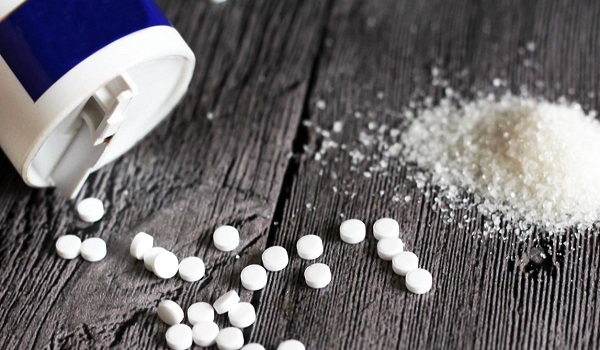The European Food Safety Authority (EFSA) has increased the acceptable daily intake (ADI) for saccharin, a widely used artificial sweetener, from 5 mg/kg to 9 mg/kg of body weight per day. This update follows a comprehensive scientific review confirming that saccharin is safe for human consumption.
The ADI, which represents the safe quantity of a substance that can be consumed daily over a lifetime without health risks, now applies to saccharin and its sodium, calcium, and potassium salts (E 954). The previous limit, established in 1995, was based on animal studies linking saccharin consumption to an increased incidence of bladder tumours in male rats. However, new evidence indicates that these tumours are specific to male rats and have no relevance to human health.
EFSA’s expert panel analyzed all available data and concluded that saccharin does not cause DNA damage and is unlikely to be associated with cancer risk in humans. Furthermore, current consumer exposure levels remain below the revised ADI, ensuring no health risks for the population.
This updated assessment reinforces saccharin’s safety as a non-caloric sweetener widely used in foods, beverages, and pharmaceutical products, providing reassurance to consumers and the food industry alike.


